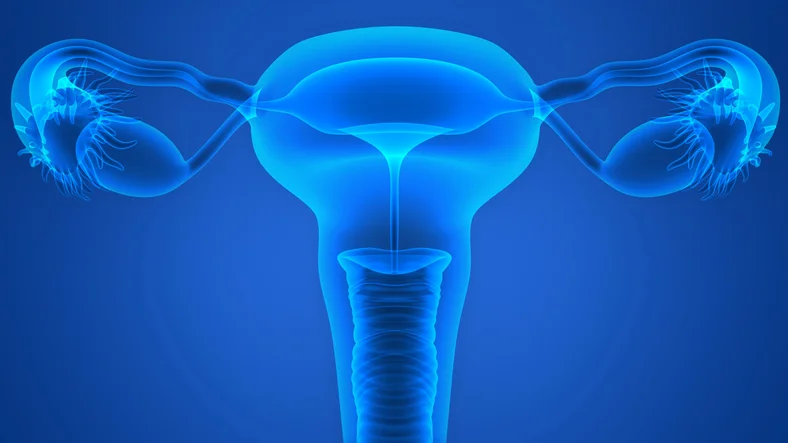Vulvodynia: Women's Mystery Sickness
/An estimated 13 million women suffer from it, but you've likely never even heard of it. Volvodynia is best defined as chronic pain in the area around the opening of the vagina, and it can become so severe that having sex is unthinkable. Many women suffer from it in silence, too embarrassed to discuss the symptoms with their doctor.
It doesn't help that doctors have not figured out what causes vulvodynia. Some believe the discomfort stems from an excess amount of nerve growth around the vulva, but the type of pain manifests differently among different women. Allergies, hormonal changes, and previous vaginal infections are other speculative causes. More perplexing still, there are no external symptoms beyond the pain itself, and it is common for a woman to visit up to six doctors before she is correctly diagnosed with vulvodynia.
What doctors do know, is that vulvodynia often takes a terrible psychological toll in addition to the physical one. Anxiety, depression, sleep disturbances, relationship troubles and an overall decrease in the quality of life are all par for the course for women suffering from this ailment.
If you have been suffering from mysterious pain around your vagina, see your doctor. She will likely proceed with a pelvic examination, searching for some sign of infection. Absent any such visible sign, she will likely take cell samples from your vagina to be analyzed.
If all tests return negative, your doctor may presume to diagnose you with vulvodynia and proceed to treat the symptoms (there is no known treatment for the ailment itself, as there is no known cause).
Treatments can include:
- Medications, such as steroids, tricyclic antidepressants or anticonvulsants to lessen the pain, and/or antihistamines to minimize itching;
- Local anesthetics, such as lidocaine ointment, can provide temporary symptom relief, and may even reduce your discomfort enough to engage in sexual intercourse;
- Some women with vulvodynia may benefit from pelvic floor therapy to relax those muscles that support the uterus, bladder and bowel;
- Women who have long-standing pain that doesn't respond to other treatments may benefit from local injections of nerve blocks.
Biofeedback therapy may be another option. It can help reduce pain by teaching you how to control how your body responds to the symptoms. To cope with vulvodynia, biofeedback can teach you to relax your pelvic muscles, which can contract in anticipation of pain and actually cause chronic pain.
Sources: The Mayo Clinic

